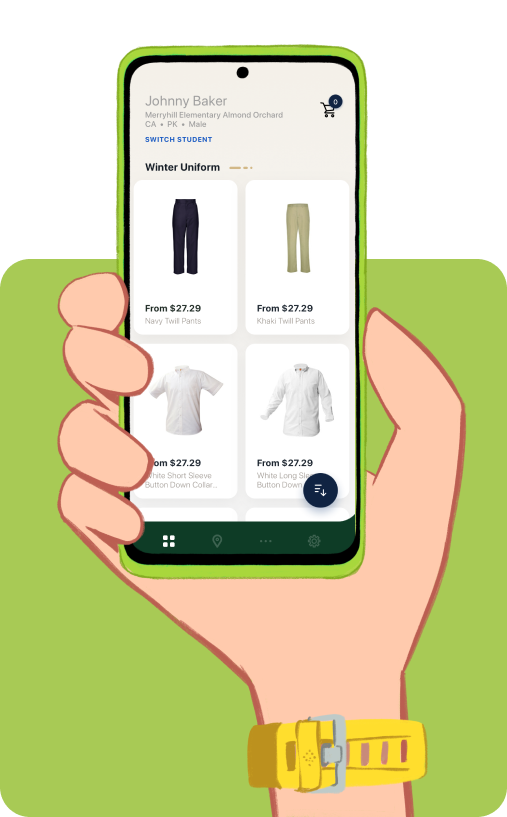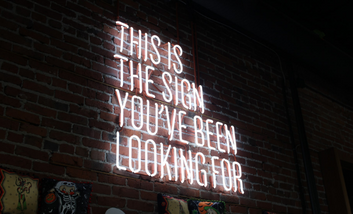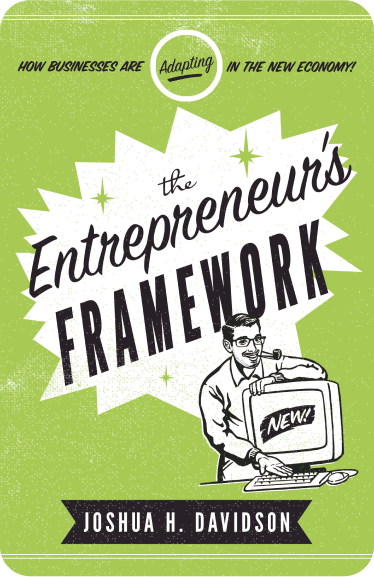It’s no secret that the startup business is high risk, and only for the boldest of entrepreneurs. These big startup mistakes may be a reason why so many don’t stand the test of time on the road to startup success.
Currently, there are about 70,000 active startups in the US. However, studies show that 20% will fail in their first year, and 70% will fail within ten years. If you want to go the distance, avoid these common startup mistakes!
Let’s take a look.
Failing to Plan for the Best Case Scenario
In order for any business to skyrocket into success, it has to be scalable. This means it has to be able to grow past the capabilities of the original person or people who started it.
You may have a great product or service to offer. However, if you cannot incorporate the talents or experiences of others into it, it won’t grow.
If you want to be more like an individual freelancer or contractor and do work only by your own hand and on your own time, there is nothing wrong with that at all.
However, that model is not suitable for a scalable startup. You have to build something from the ground up with growth that eclipses its origins in mind.
One of the Biggest Startup Mistakes is Falling into the Opportunity Trap
Many startups in their early days are quick to sign contracts and make deals with anyone who will talk with them or offer them something. They think that this deal alone is the key to startup success.
This is a common problem in many creative or high-risk industries. For example, people have been talking about famous musicians who got undercut or stifled by their labels for generations.
The same exact thing can happen to your startup if you are not careful.
For the novice entrepreneur who is just getting started, it may feel like a big step forward and a stamp of legitimacy to be offered anything at all. This is not a mindset that is conducive to smart business in the long term.
Think about it, if your startup blows up, will you be content with those terms? Be aware of every detail. Read all contracts, and possibly even seek legal help if something is above your understanding.
Bad contracts and unfair deals can lead to stress, loss of money, and even entire enterprises dissolving. This is especially true between team members, partners, and co-founders.
Putting Ego Before Market Conditions is the Startup Success Killer
In today’s hustle culture, there is a lot of pressure out there. People act like everything you do should be a business. After all, if you aren’t monetizing every thought you have, what are you wasting time thinking for?
We would argue that the exact opposite is true. Not everything can or should be a business. And, just because something can be monetized, does not mean it is destined to be the next unicorn enterprise.
It’s ok if you don’t have a business empire by this time tomorrow. In fact, working under pressure like this will probably lead to burnout and bad decisions.
Being able to recognize the limitations of an idea is a core entrepreneurial skill. Only entrepreneurs who can take a step back, admit when they have it wrong, and pursue self-editing and innovation will survive.
Unfortunately, many people have become obsessed with the glamorized social media aesthetics of entrepreneurship.
People share motivational quote graphics and tweet about the “grindset.” They brag about sacrificing their mental and physical health for the sake of “success.”
Often, these wannabe entrepreneurs pour resources into something because it’s “their idea” without finding out if the demand is there first.
Data from last year showed that over 1/3 of startups fail because they don’t understand their customers or their needs.
How to Do the Work in a Smart Way

Your idea can only scale if it is something that people actually want in the first place. This means that you have to take the time to truly understand things like:
- Who is your ideal customer is
- What do they want and need
- How is your competition capturing this demographic
- What you need to do to be competitive in the market
Conduct as many interviews with people who fit into your target market as you can before you pour time and energy into developing something. Listen to them.
One fantastic example of this is DoorDash:
DoorDash was founded By Stanley Tang, while he was still a student at Stanford University. His goal was to build technology to help small business owners thrive.
In order to do this, he sat down with small business owners and listened to them, in order to understand their problems and needs.
During a meeting with the owner of Chantal Guillon, a macaroon store in Palo Alto, she brought up her frustrations with limitations of delivery.
She had pages and pages of deliveries that she could not personally do while managing her business day in and day out. Tang found that other business owners in the area echoed these frustrations.
It seemed so simple to him to solve these issues.
Putting Tech Last
You do not have to be a tech expert to man a groundbreaking tech startup. We have covered several examples of this on the blog before. One great example is Pair Team, a healthcare startup co-founded by California working nurse Cassie Choi.
After getting tired of witnessing the American healthcare system fail patients firsthand, she paired up with technologist and Pair Team co-founder Neil Batlivala to try and solve the problem.
Here, you see that she had industry experience and a great idea, but lacked the technical know-how. So, she founded a startup with someone who shared her vision and has the necessary skills.
In contrast, let’s see an example of what happens when an enterprise puts tech on the back burner.
Everest launched at the end of 2012. It is an application that allows users to set goals for themselves, track their progress, receive motivational messages, and support others. The product showed great promise: it raised $2.2 million.
But by 2015, the team shuttered the company—largely because it lacked a strong technical unit. After launch, it turned out that the application was full of bugs and annoyingly slow.
The creators themselves said the code was so bad they were often tempted to start from scratch. Instead of developing the product, the team got bogged down fixing bugs.
If you are a non-technical entrepreneur with a great idea, working with a team you trust and that has those technical chops is absolutely critical. In fact, almost a quarter of startups fail because the right team isn’t backing them up.
If you are a non-technical entrepreneur, you do not have to build your dream app alone or agonize over hand-picking every person on your team. At ChopDawg, we help entrepreneurs bring their ideas to life every day!

Forgetting to Market
As a startup, it’s easy to get caught up in the excitement of your product or service and overlook the importance of marketing. However, one of the biggest startup mistakes is underestimating the significance of getting your product seen and heard.
It’s not enough to simply create something great and expect customers to come to you. You need to actively promote your product through various marketing channels to ensure that it reaches your target audience.
Whether it’s through social media, email marketing, or advertising, investing time and resources into promoting your product can make all the difference.
Don’t make the mistake of assuming that customers will find you on their own – take control and put your product out there for the world to see.
Final Thoughts on Common Mistakes to Avoid for Startup Success
As you can see, a lot of these critical errors happen when someone is passionate and enthusiastic but lacks a realistic perspective.
Often, this can happen even to the most brilliant person if they are embarking on something new. Some things you can only truly learn through experience.
Passion, enthusiasm, and ambition are admirable traits. Without them, people would not innovate and succeed at all. However, when it comes to creating a scalable startup that solves problems and thrives, this energy needs to be grounded in reality.
Admit your strengths and limits. Explore both the limitations and the true potential of your ideas and opportunities.
If you are looking for an app-building partner to bring your vision to life, reach out to ChopDawg for a free consultation today!
What do you think? Comment below.
Since 2009, we have helped create 350+ next-generation apps for startups, Fortune 500s, growing businesses, and non-profits from around the globe. Think Partner, Not Agency.
Find us on social at #MakeItApp’n®

















